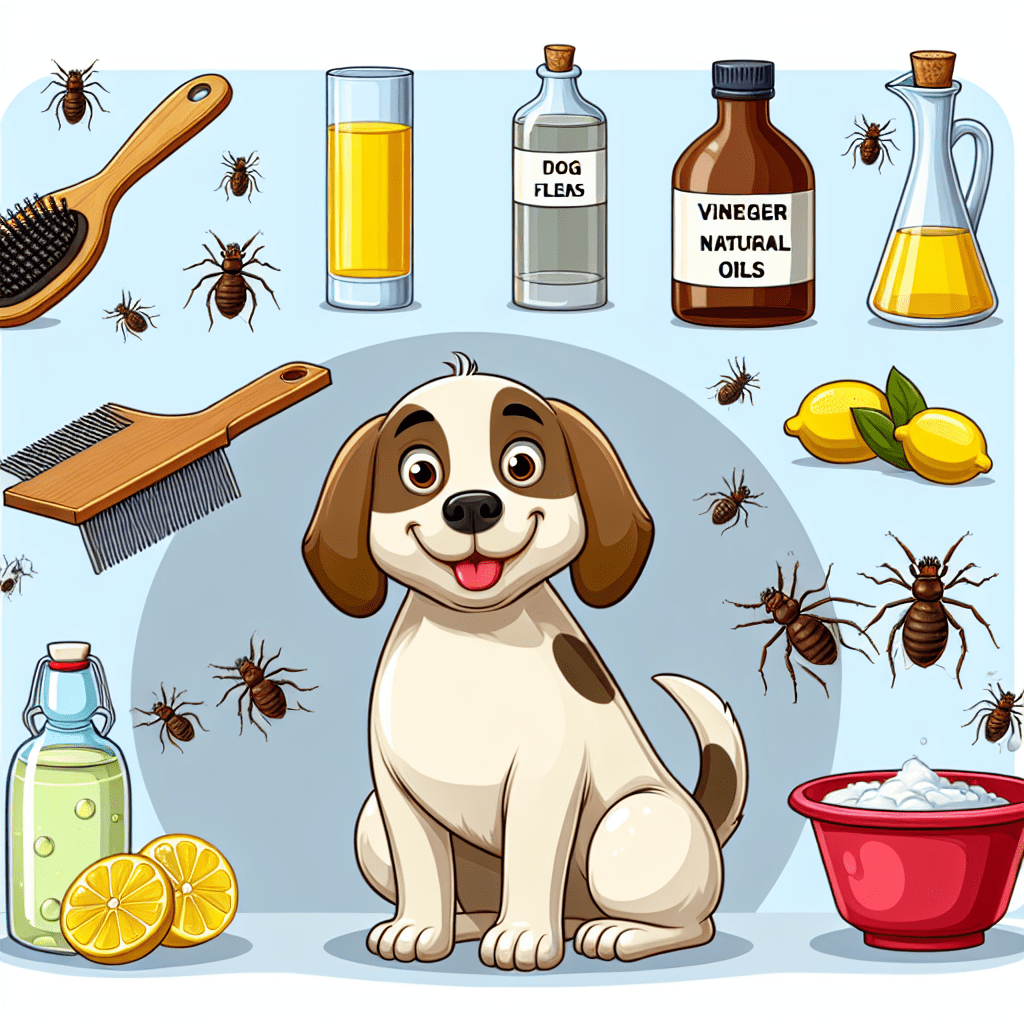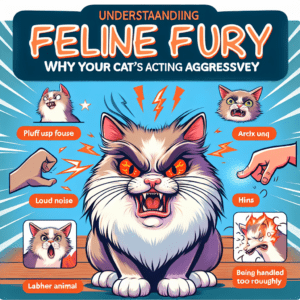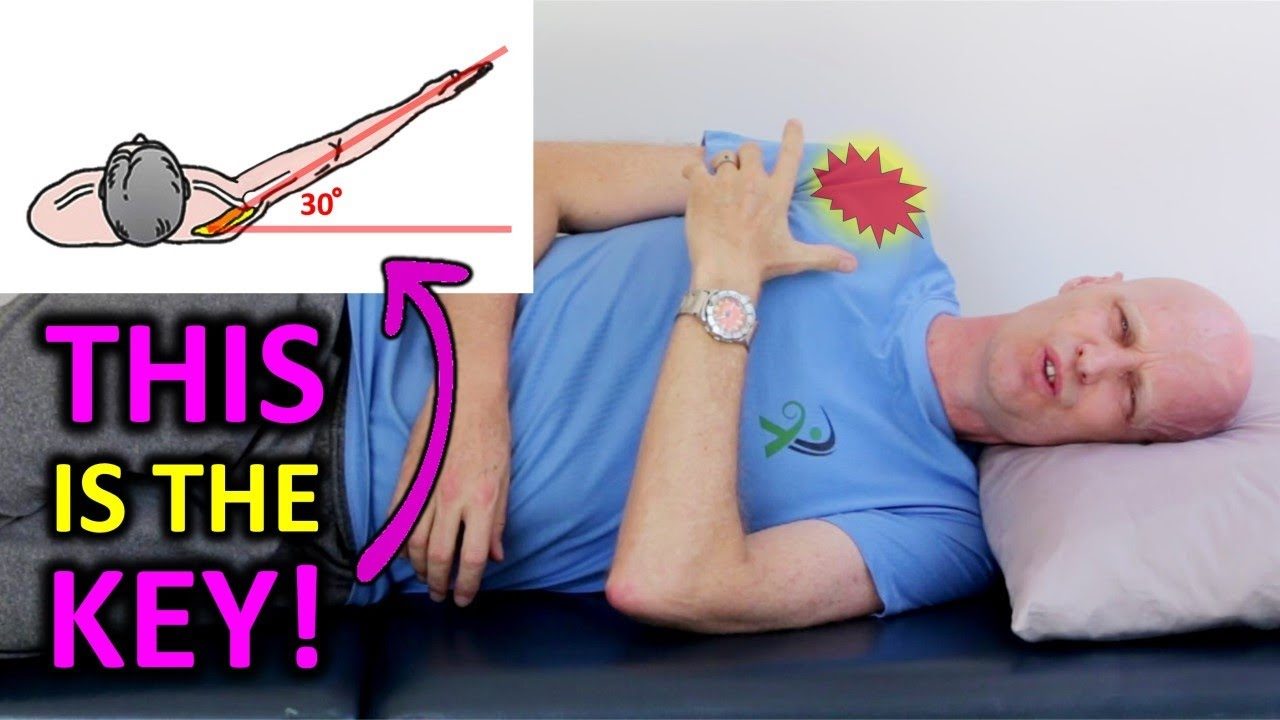Get your free Book Here

Flea-Free Fido: Natural Solutions for a Happy, Itch-Free Pup
As a proud dog lover, I can’t help but share my passion for our canine companions. They’re more than just pets; they’re family. Yet as much joy as they bring, they also come with their own set of challenges. Among these challenges, one of the most pesky has to be… you guessed it— fleas! Nothing can put a damper on a dog’s happiness quite like an itch that just won’t quit. In this blog post, we will dive into the realm of natural solutions for a flea-free Fido, ensuring your pup remains not only flea-free but also happy and healthy.
Chapter 1: Understanding Fleas – The Unwanted Guests
Before we jump into the solutions, let’s first understand what we’re dealing with. Fleas are tiny, dark brown insects that feed on the blood of mammals, including our beloved dogs. Known for their incredible jumping abilities, they can easily leap from your yard into your home and onto your pup in no time. A flea can lay around 50 eggs in one day, so it is paramount to catch these critters early.
Fleas can lead to significant discomfort for your dog, leading to incessant scratching, biting of the skin, and even potential infections. Not to mention that a flea infestation can quickly spread to other pets and even humans, turning your home into a flea parlor. But don’t fret! There are plenty of natural solutions at our disposal!
Chapter 2: A Clean Home is a Happy Home
The first step in achieving a flea-free environment starts at home. Regular cleaning is crucial, and here are some tips to keep your space flea-free:
-
Vacuum Regularly: Make it a habit to thoroughly vacuum carpets, rugs, upholstery, and any fabric surfaces. Pay close attention to areas where your dog frequents as well as corners and under furniture.
-
Wash Dog Bedding: Your furry friend’s bedding can be a hotspot for fleas. Wash it weekly in hot water to ensure any lingering fleas or their eggs are eradicated.
-
Diatomaceous Earth: Sprinkle food-grade diatomaceous earth in your home. This natural powder is safe for pets and humans, and it’s lethal to fleas as it damages their exoskeletons. Just remember to clean it up after a day or two!
-
Flea Traps: Set up flea traps around your home using a simple setup of a bowl of soapy water under a light. Fleas will be attracted to the warmth of the light and will jump in, but the soap will trap them.
By maintaining a clean environment, you’ll drastically reduce the chance of flea infestations. Now, remember, no matter how clean your house is, your fluffy friend can still pick up fleas outdoors.
Chapter 3: Nature’s Defense – Essential Oils
Essential oils are fantastic for naturally repelling fleas. Make sure you only use pet-safe essential oils, as some can be toxic to dogs. Here are a few of my favorites:
-
Lavender Oil: Known for its soothing properties, lavender oil not only calms your pup but also helps deter fleas. A few drops mixed with water in a spray bottle can be used for a refreshing spritz.
-
Peppermint Oil: Dogs generally dislike the scent of peppermint. Similar to lavender, you can create a diluted spray using water and peppermint oil.
-
Rosemary Oil: This herbaceous scent is great for flea repelling! Infuse a few sprigs in hot water, let it cool, and use it to rinse your dog after a bath.
-
Cedarwood Oil: This woody scent not only keeps fleas away but can also help repel ticks. Use it cautiously and make sure you dilute it well.
Always conduct a patch test on a small area of your dog’s skin to ensure there’s no allergic reaction. When used responsibly, essential oils can become a powerful ally against fleas.
Chapter 4: The Power of Diet
You might not have thought about this before, but your dog’s diet plays an essential role in keeping fleas away. An unhealthy dog may be more attractive to fleas, while a properly nourished pup can repel them effectively.
-
Omega-3 Fatty Acids: Adding omega-3 fatty acids to your dog’s diet can promote healthy skin and may make it less appealing for fleas to take a bite. Look for fish oil supplements or fatty fish like salmon.
-
Apple Cider Vinegar: Mixing a teaspoon of apple cider vinegar in your dog’s water bowl (consult your vet beforehand) can alter their skin’s pH, making it less inviting for fleas.
-
Pumpkin Seeds: These tiny seeds are not only nutritious but also contain compounds that can help kill fleas. You can either grind them up and mix it into your dog’s food or give them whole as a treat.
Chapter 5: Natural Flea Remedies – Bath Time Bliss
Bathing your dog can offer a refreshing way to combat fleas naturally. Consider using flea-repelling shampoos that are made from all-natural ingredients. Here’s a simple DIY flea shampoo recipe:
- Ingredients:
- 1 cup of castile soap
- 1 cup of water
- 10 drops of lavender or cedarwood essential oil
Mix all ingredients together and apply it to your dog’s coat, making sure to scrub thoroughly for at least 5 minutes. Rinse well with warm water and dry your pup. This will not only wash away any fleas but also leave your dog smelling fantastic!
Chapter 6: Grooming for the Win
Regular grooming is an essential part of flea prevention. Brushing your dog often not only keeps their coat healthy and tangle-free but also allows you to spot fleas before they become a bigger problem.
-
Flea Comb: Invest in a good quality flea comb. Run it through your dog’s coat frequently, especially after they spend time outdoors. This will help catch any fleas before they can lay eggs.
-
Bathing and Brushing: Incorporate bathing and brushing into your routine. This duo is effective in keeping your dog’s coat clean and flea-free. Plus, it creates a great bonding moment between you and your furry best friend.
Chapter 7: Yard Work Matters
Don’t overlook your outdoor space when considering flea prevention. Fleas thrive in warm, humid environments, making your yard a prime target for infestations.
-
Mow the Lawn: Keep your grass short and trim. Fleas like tall grass and areas with plenty of shade, so eliminate any places they might hide.
-
Overhaul your Landscaping: If you have leaf litter or debris lying around, it’s time to clear it up. Fleas can thrive in these areas, so make sure you keep your yard tidy.
-
Nematodes: These microscopic worms are a natural way to control fleas in your garden. They eat flea larvae and can help keep populations down without harming your pets or the environment.
Chapter 8: Regular Vet Visits
Preventative care is vital for keeping your furry friend both happy and healthy. Regular veterinary check-ups can help catch any flea issues before they spiral out of control. Always consult your vet before considering any new treatments, even if they are natural. Your vet is your best partner in ensuring your dog maintains optimal health.
Additionally, ask your vet about natural flea treatments and preventative measures that can be tailored specifically for your pup. The more informed you are, the better equipped you will be to keep those pesky pests at bay.
Conclusion
Caring for a dog is a commitment that comes with rewards beyond measure. When we take proactive measures against fleas, we are not only improving our furry friends’ quality of life; we also contribute to a healthy environment for ourselves and our family. Natural solutions can be a beneficial and effective means to achieving a flea-free Fido. By keeping our homes clean, providing a healthy diet, and maintaining a good grooming routine combined with outdoor upkeep, we can safeguard our playful pups from these annoying invaders.
Let’s spread the love and knowledge we have about keeping our dogs flea-free! Share these tips with fellow dog lovers, and remember: A flea-free home is a happy home!
FAQs
1. Are natural flea remedies effective?
Yes, natural remedies can be effective, especially when combined with regular cleaning and preventative measures. Always be sure to consult a veterinarian for guidance.
2. How often should I groom my dog for flea prevention?
Ideally, daily brushing is beneficial. During the flea season, you might want to groom your dog several times a week to catch fleas early.
3. Can I use essential oils on my dog?
While some essential oils are safe, others can be toxic. Always consult a veterinarian first and conduct a patch test to check for reactions.
4. How do I know if my dog has fleas?
Signs include excessive scratching, biting at the skin, hair loss, and flea dirt (which looks like tiny black specks) in your dog’s fur.
5. Will a clean home prevent fleas?
A clean home greatly reduces the risk of fleas. Regular vacuuming, washing your dog’s bedding, and keeping outdoor areas tidy are essential steps.
6. Is it possible to completely eliminate fleas?
While you can significantly reduce their presence, it is sometimes difficult to completely eliminate fleas. A consistent preventative routine will however keep their populations at bay.
7. How can I treat my home if I have a flea infestation?
Start with thorough cleaning, vacuuming everything, washing fabrics, and using flea traps. Consider professional pest control if the problem persists.
8. What should I do if my dog is allergic to flea bites?
Consult your veterinarian for appropriate medications or treatments to relieve symptoms and manage your dog’s allergies effectively.
Unlock the Secrets to a Well-Behaved Dog! 🐾 Tired of your pup’s bad habits? Discover how to transform your unruly dog into a loving companion with our FREE Dog Training Mini Course! Learn essential commands, potty training tips, and effective techniques to eliminate unwanted behaviors in just days. Don’t miss out—sign up now and start your journey to a happier, obedient dog! Join Here! (https://bit.ly/3RJak0a)
Instantly Access Your Free Children’s Books Here! (https://payhip.com/BlueCherryStore) – Disclaimer: As an Amazon Associate, I earn from qualifying purchases, I may earn a commission from qualifying purchases as an affiliate. Please note that I only recommend products I believe will provide value to my readers. (M)







